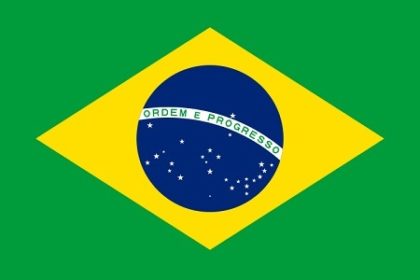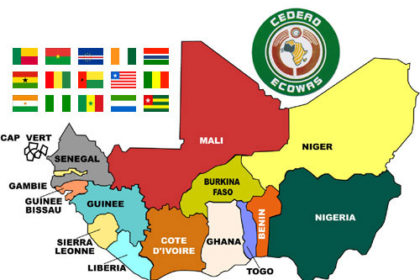The development objective of Côte d’Ivoire is to become an “emerging country by 2020”. To achieve this, the country relies on a vision of capitalism with a human face and a coherent strategy for development planning. To this end, Côte d’Ivoire is implementing structural and sectoral reforms that have resulted in average annual economic growth of more than 9% over the past four years. It is therefore rightly the sixth most dynamic economy in the world and the first in sub-Saharan Africa and aims to consolidate its achievements, according to the World Bank 2015 report. Processing of agricultural products such as cotton, cocoa and cashew nuts will be stimulated by industrial production. The industrialization of the country is supported by private investment, whose share in overall investment is increasing and is expected to increase from 65% to 70% between 2015 and 2020.
Côte d’Ivoire traditionally encourages and promotes private investment; The recent adoption of an investment code offering more incentives is leading to faster growth of private investment in the economy as a whole, particularly in agriculture. The economy relies heavily on agriculture. The production of small-scale commercial crops being dominant, it is based on 3 main products: cocoa, cashew nut and coffee, the country of which was the first, the first and the fifth world exporter, respectively. Commercial crops (including timber and palm oil) formed the core of a development strategy that was enhanced by secondary agricultural export crops such as bananas, pineapples and rubber trees.


